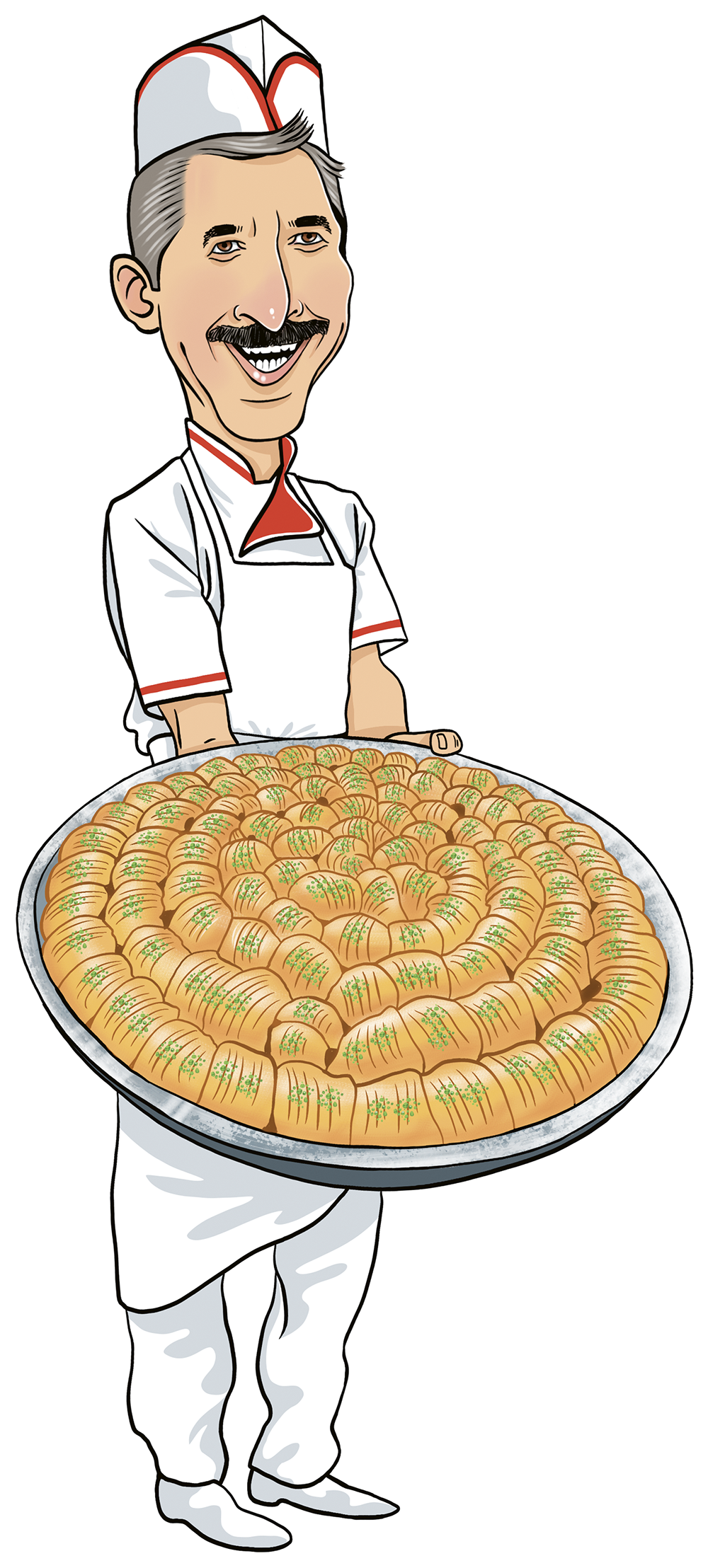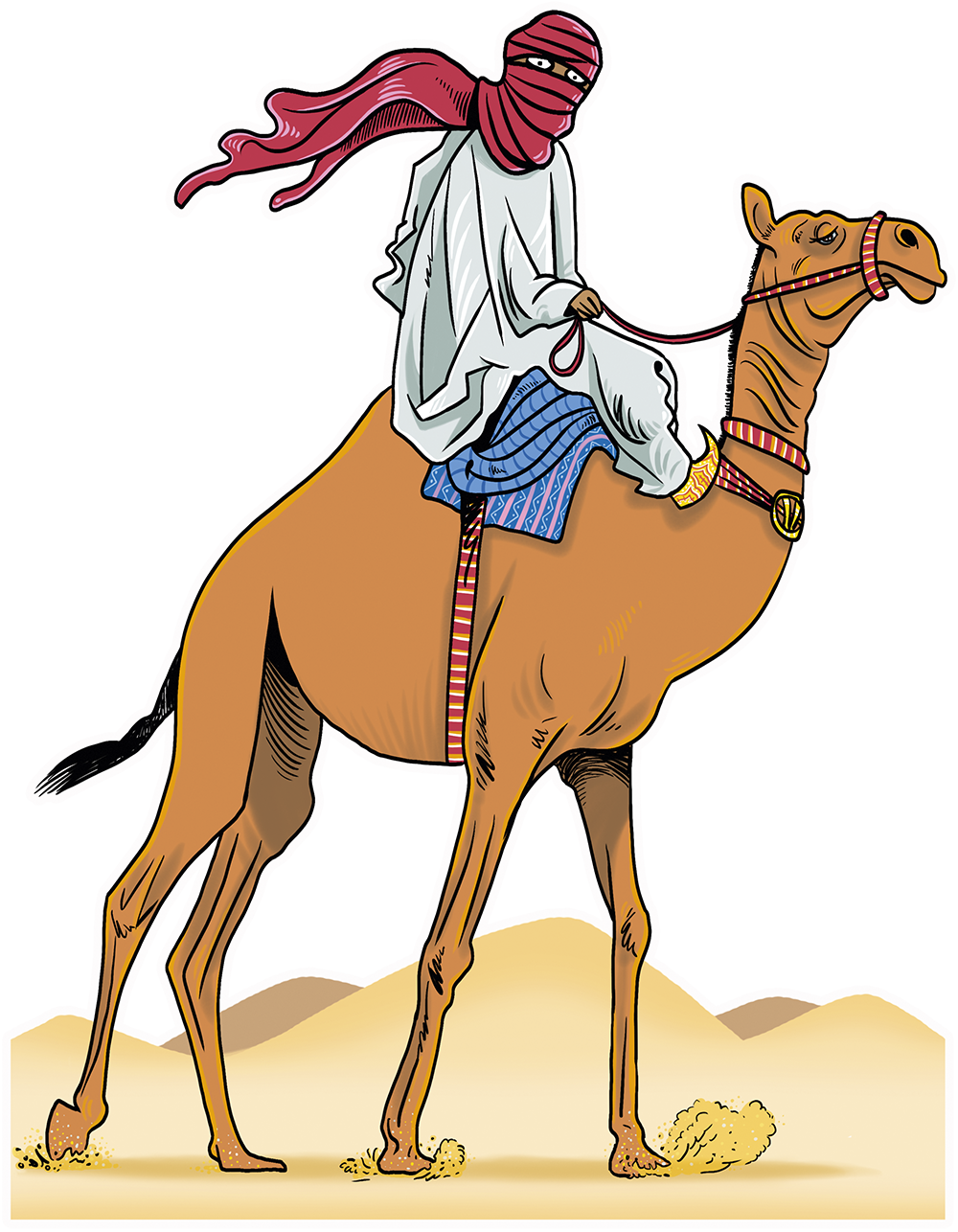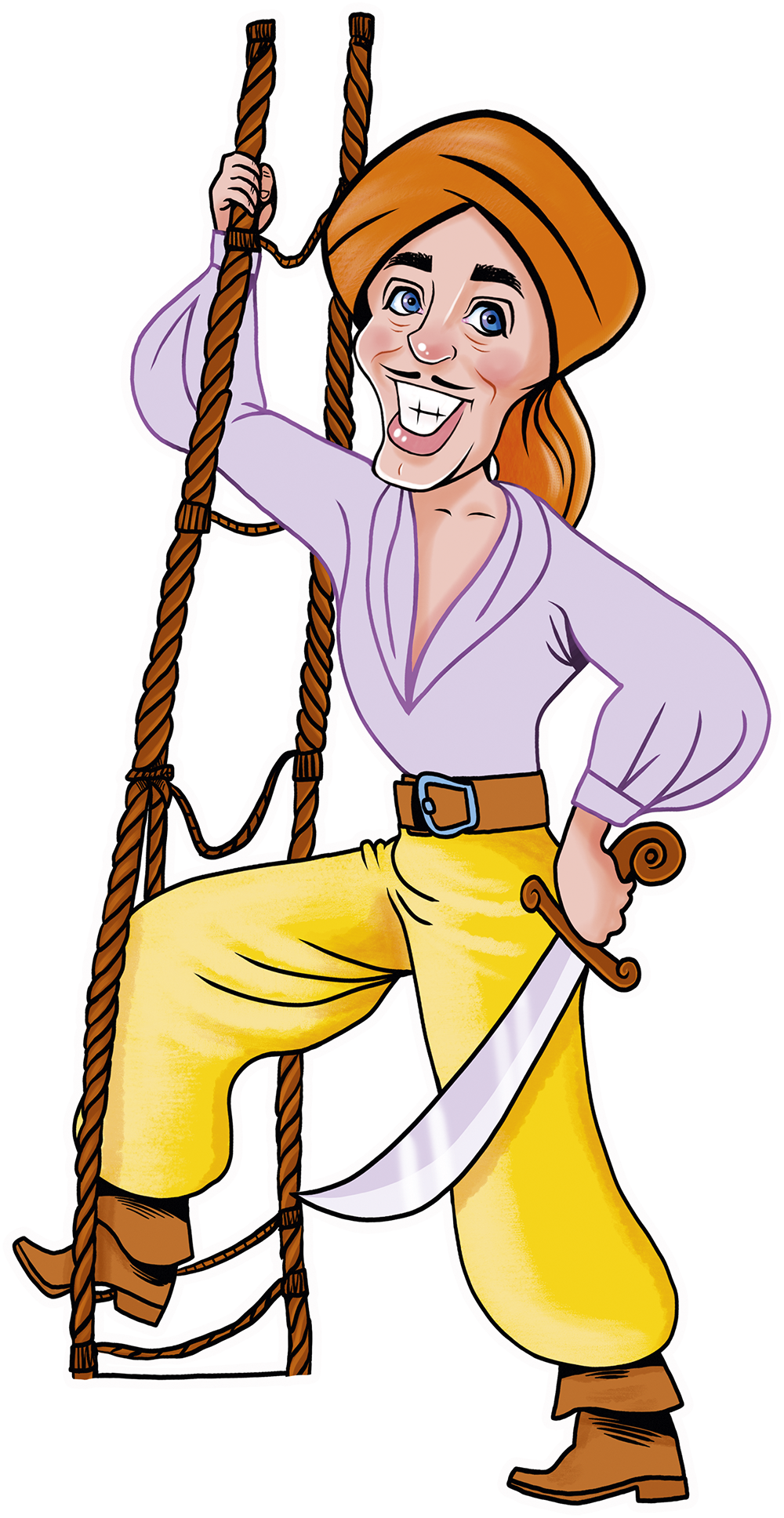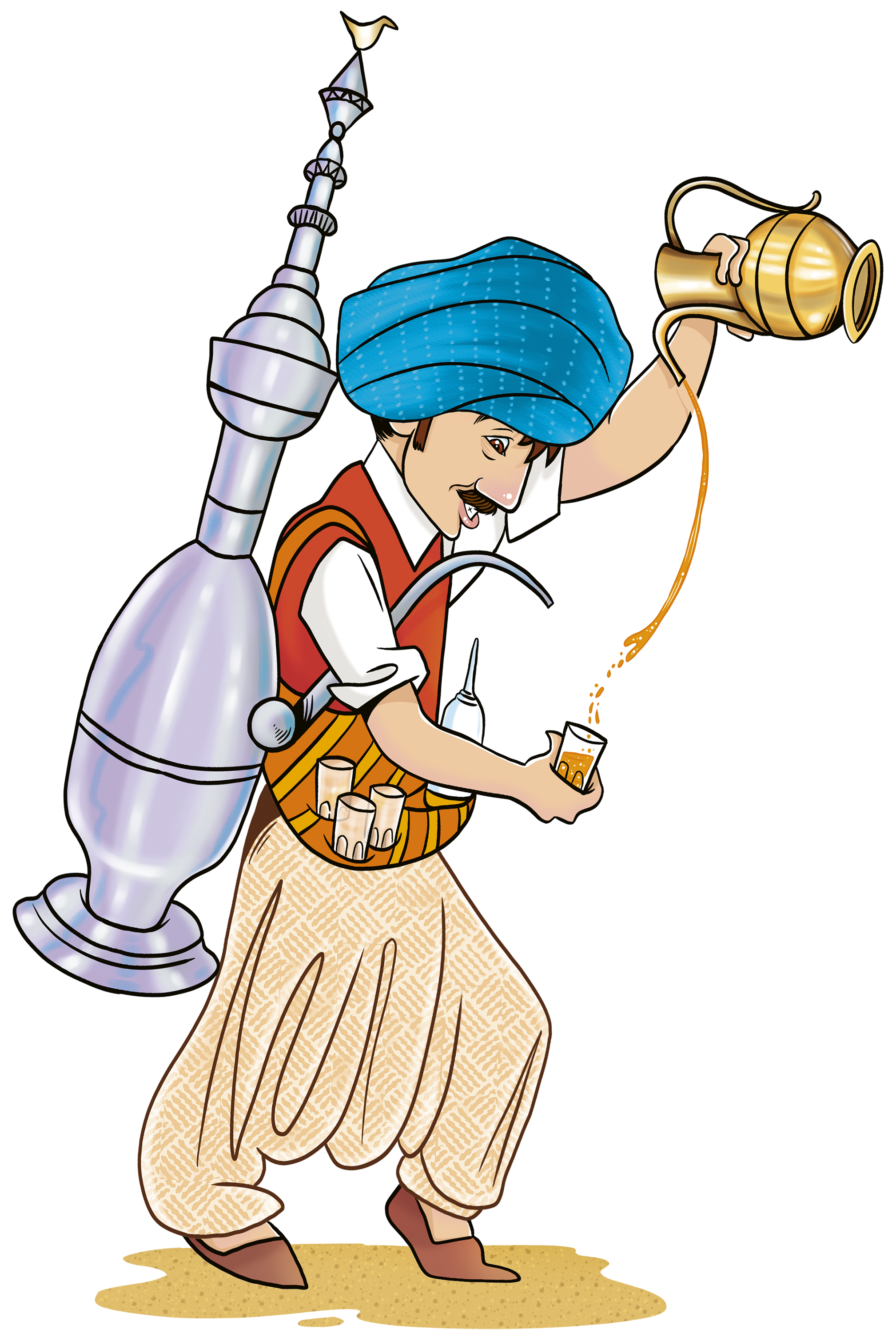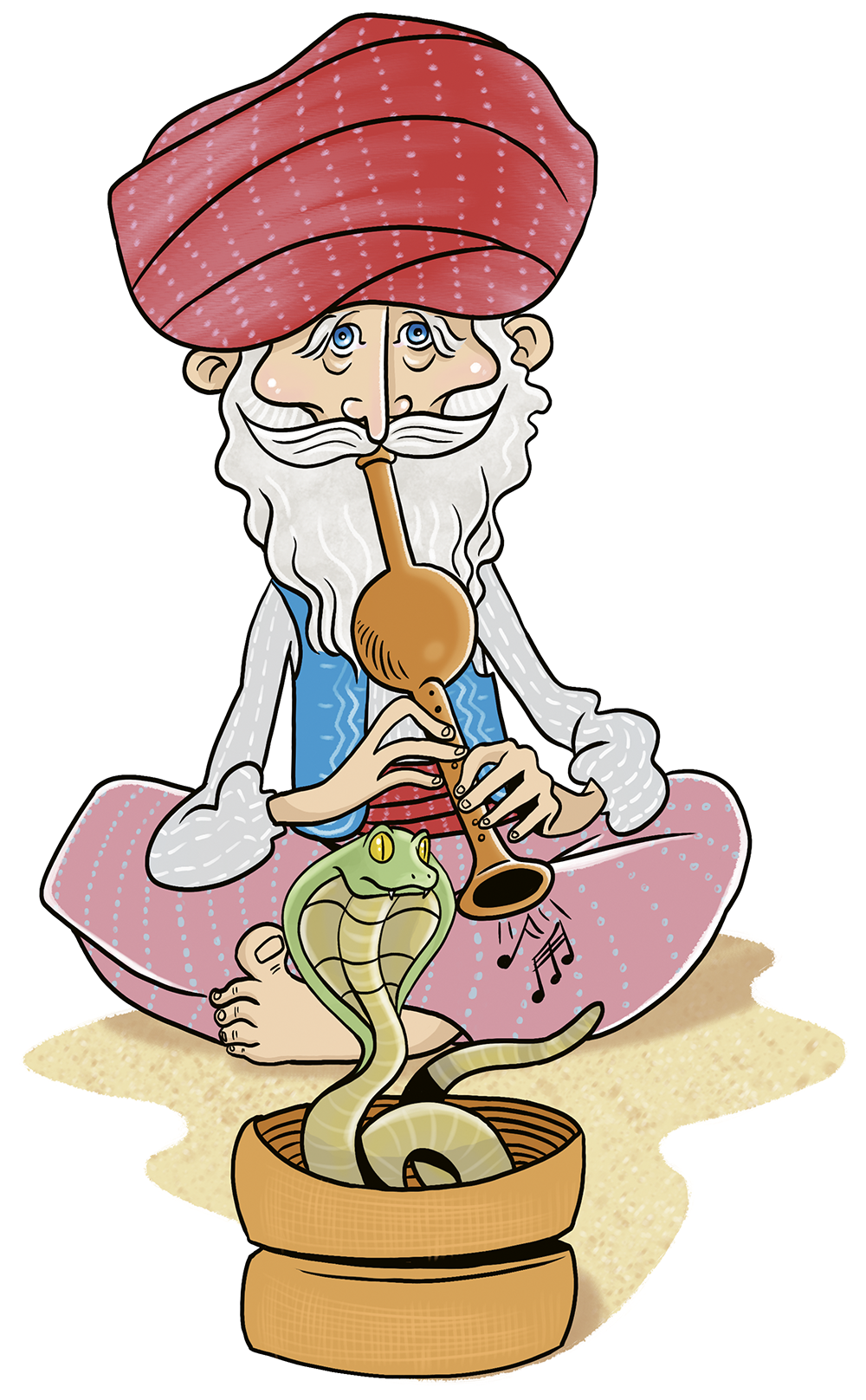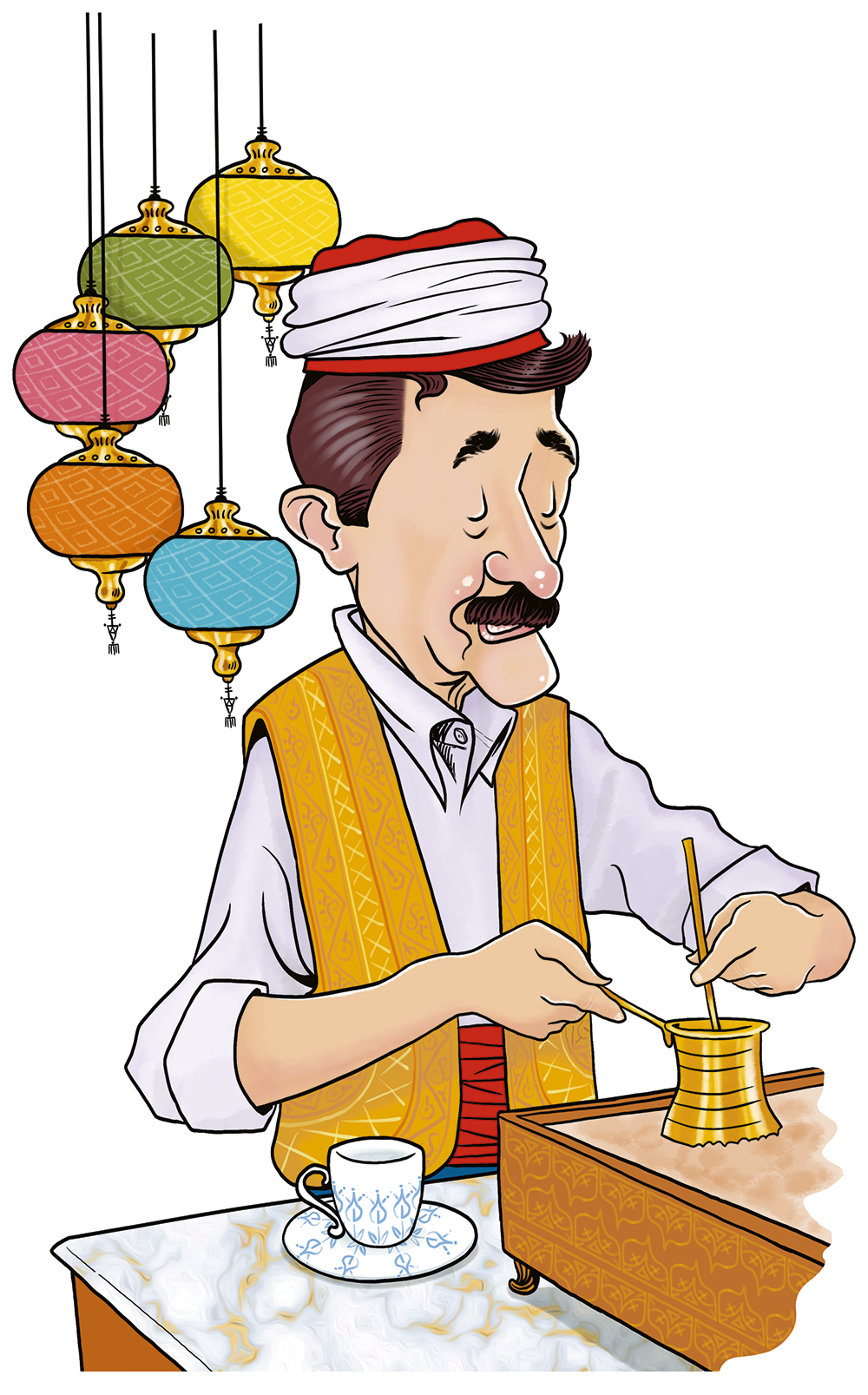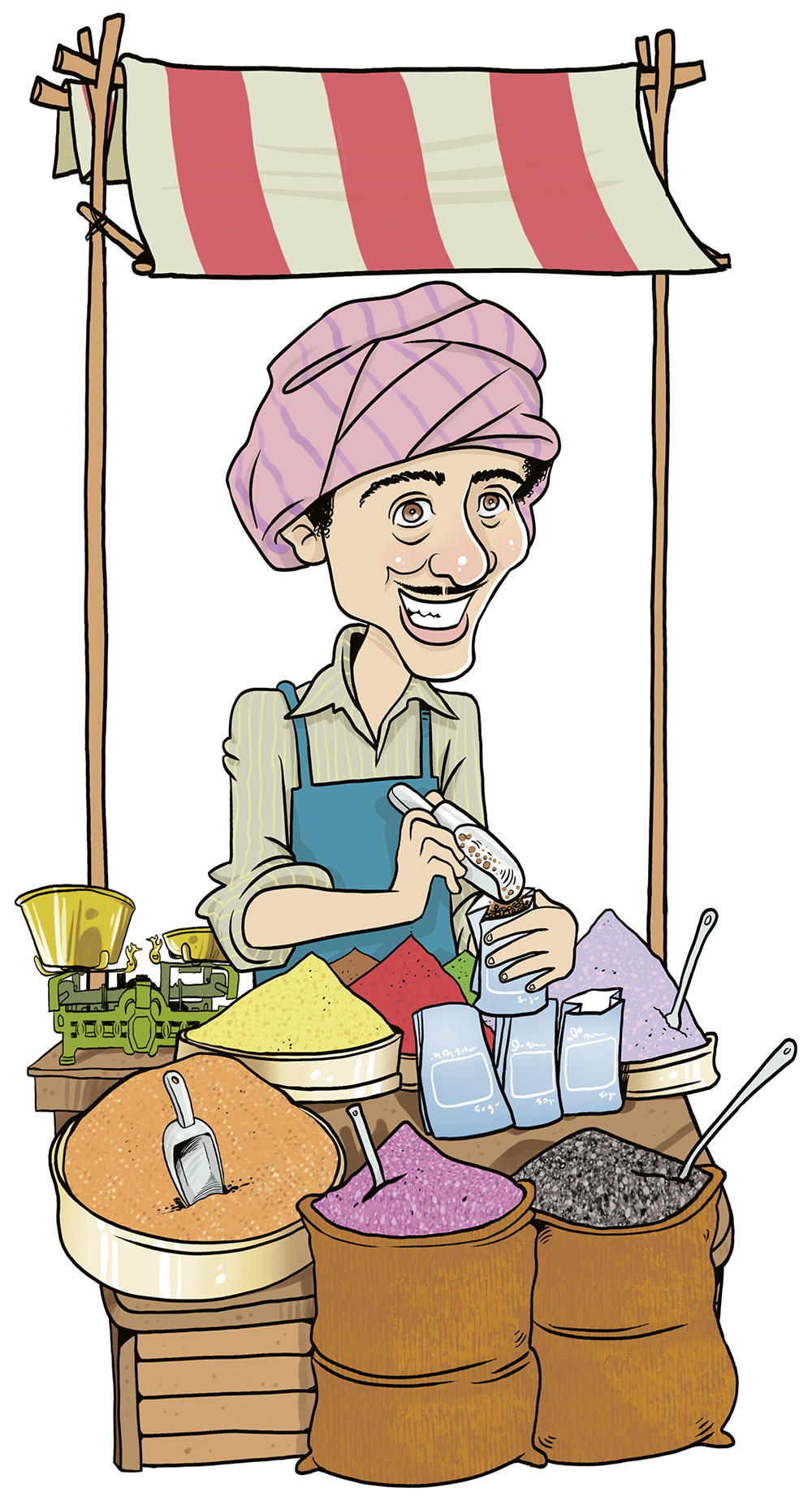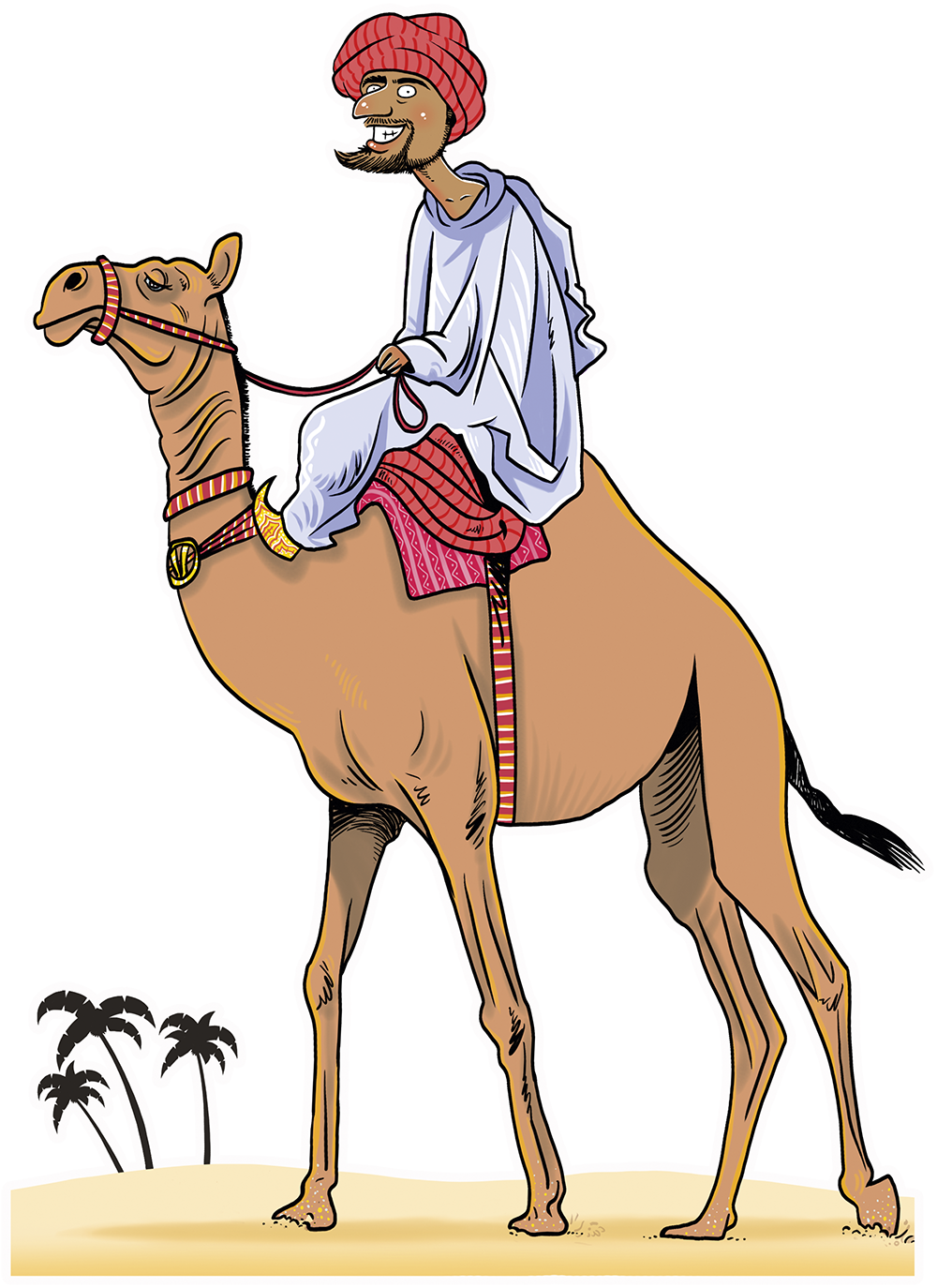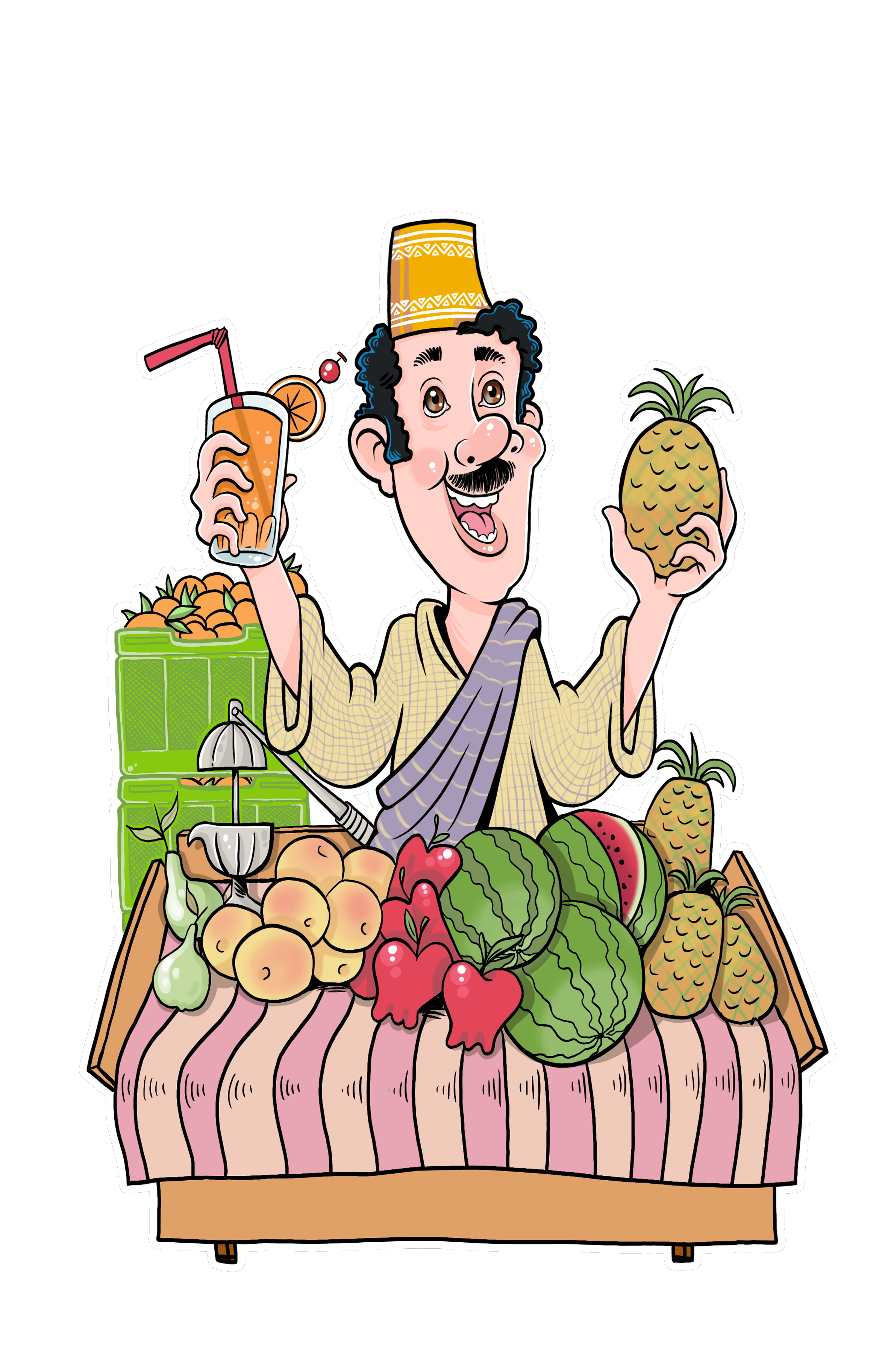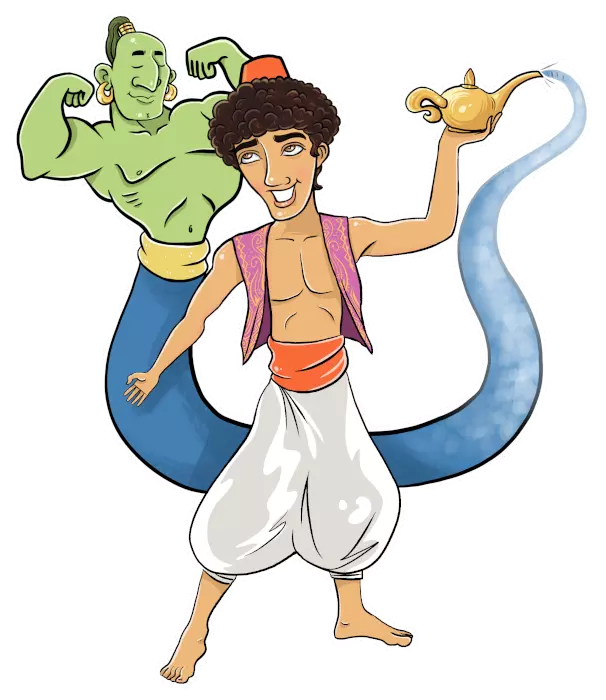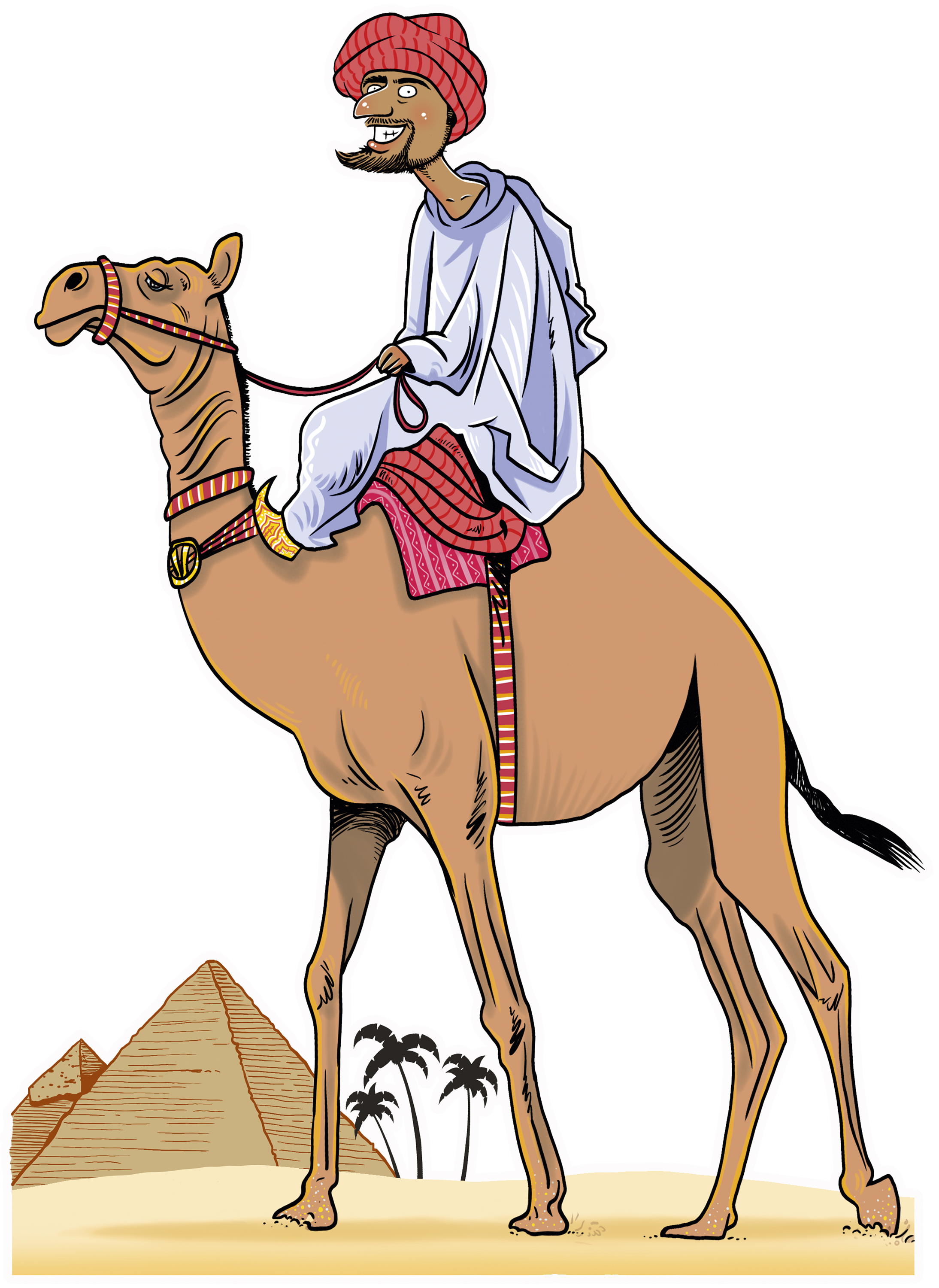ALI BABA
Ali Baba
LEGENDARY CHARACTER
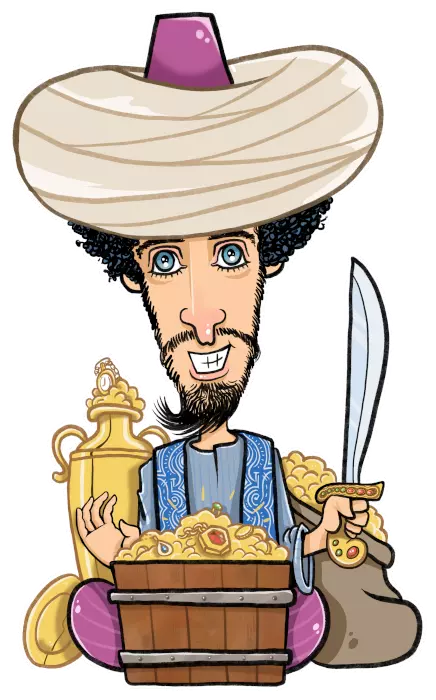
"Ali Baba and the 40 Thieves" is a folk tale from the Middle-Eastern story collection “1001 Nights”. Along with Aladdin, it is known as one of the "orphan tales", later added to the original collection. Ali Baba was a poor woodcutter who accidentally overheard 40 thieves hiding their treasure in a secret cave. Its magical door only opened with the phrase “open sesame”. Knowing the password, he sneaked in and stole part of the treasure. The story continues with the 40 thieves trying to trace Ali Baba, who manages to avoid them eventually. In the end, Ali Baba remains the only person knowing the secret of the treasure and how to retrieve it. Close Sesame!
